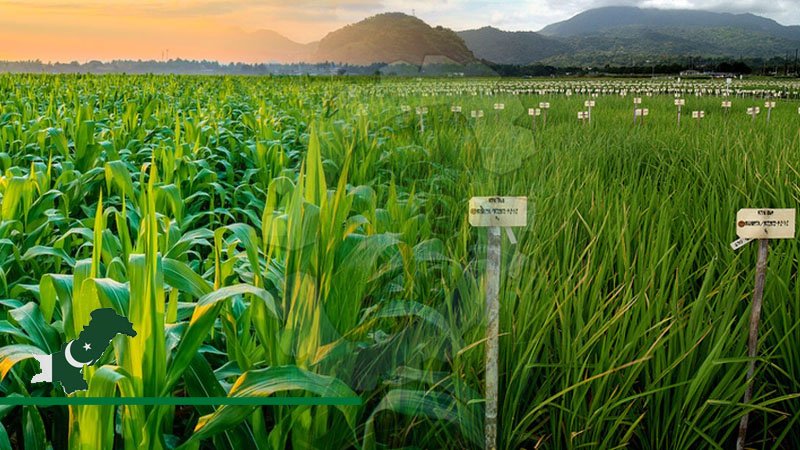Dr. Faisal Zahoor directed fertilizer controllers to levy heavy fines on hoarders and profiteers and move cases for their prosecution.
Dr. Faisal Zahoor, Secretary Agriculture South Punjab, urged agriculture scientists to develop new climate-smart, high-yielding crop varieties and find ways to reduce production costs to ensure food security and financial benefits to the farming community.
He presided over a meeting with district and divisional heads at the agriculture secretariat for performance evaluation on Wednesday, saying that extending new technology and methods to farmers that provided climate-smart, high-yielding crop varieties at a lower cost was the need of the hour and would help Pakistani farmers compete with the farming community in the rest of the world.
He stated that agricultural scientists must move forward in order to develop better varieties of cotton, wheat, rice, sugarcane, pulses, and vegetables that can withstand climate change and meet market demands.
Dr. Faisal directed laboratory personnel to provide soil analysis and pesticide test results to farmers within 24 hours of receiving the samples, noting that all facilities had been made available to them. He directed fertiliser controllers to levy heavy fines on hoarders and profiteers and to file criminal charges against them.
Imtiaz Ahmad Waraich, an additional secretary task force, Dr. Haidar Karrar, Muhammad Iqbal, and others were also present.
The concept of “climate-smart agriculture” (CSA) reflects a desire to improve the integration of agricultural development and climate responsiveness. It aims to achieve food security as well as broader development goals in the face of a changing climate and rising food demand.
CSA initiatives must address tradeoffs and synergies between the three pillars of productivity, adaptation, and mitigation in order to sustainably increase productivity, improve resilience, and reduce or remove greenhouse gases (GHGs).
Different countries’ and stakeholders’ priorities are reflected in order to achieve more efficient, effective, and equitable food systems that address environmental, social, and economic challenges across productive landscapes. While the concept is new and still evolving, many of the practises that comprise CSA are already in use around the world by farmers to deal with various production risks.
